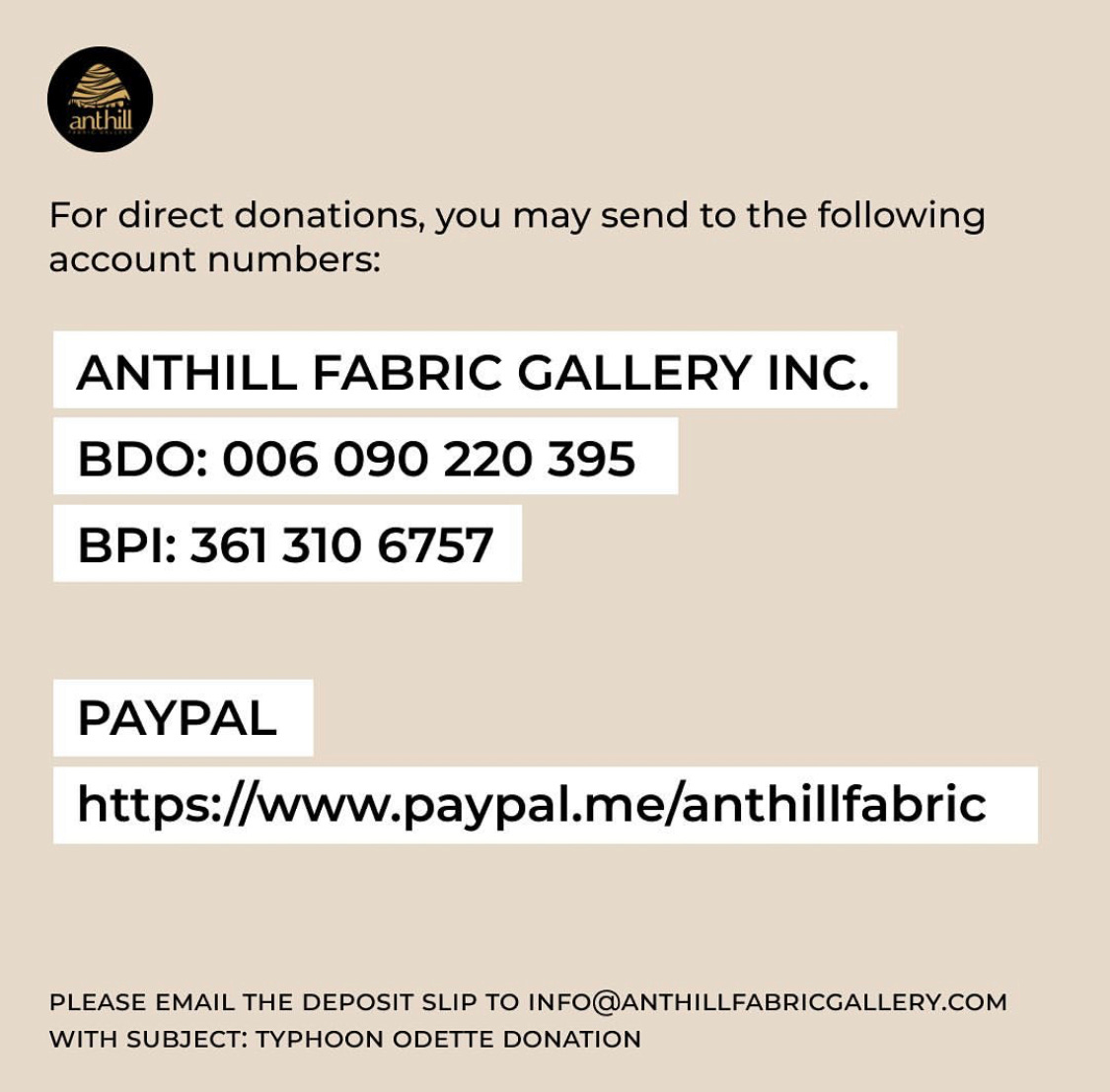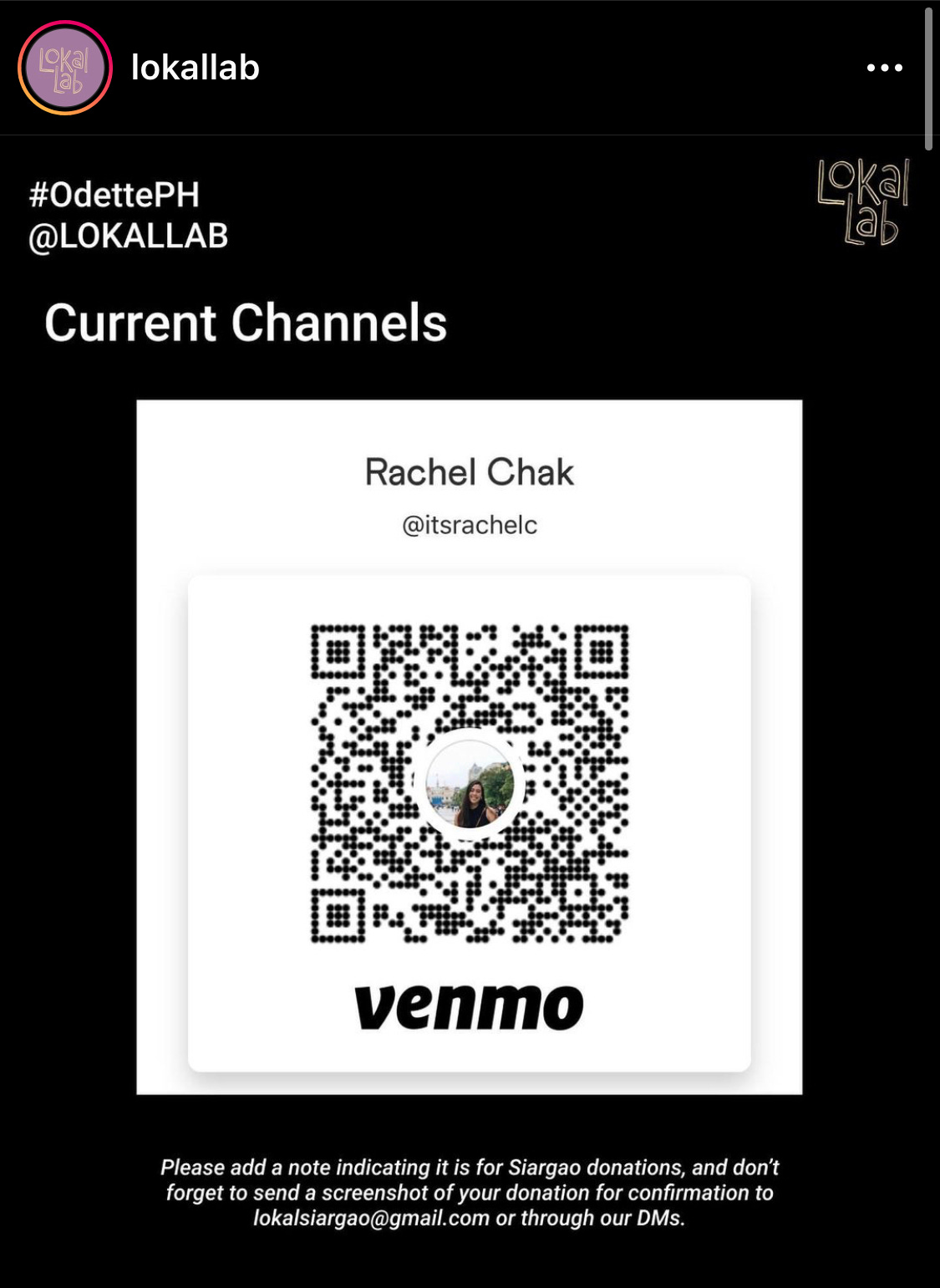2021 is coming to a close.
One of the things I’m most thankful for this year is this newsletter. What began as discussions between Cassandra and I blossomed into multi-time zone dialogues (our competency in time zone mathematics has grown exponentially since the beginning of this year). Really, I’m thankful for all of you— for becoming a community who eagerly joined us in this exploration of Philippine culture and diasporic foodways.
The newsletter grew quite a bit; one morning in our first month, we woke up to over 100+ new subscribers. We felt your energy permeating through our screens. We truly mean it when we say your questions, DMs, vulnerability, and enthusiasm gave us the courage to forge our own food atlas.
We went real deep into adobo variations and ube. We managed to weave in audio (albeit very roughly put together) into some of our newsletters; we quickly realized condensing interviews into a few minutes was reaaaaally hard work (releasing full-length audio interviews is something we’re working on bringing in the new year). We even found momentum to celebrate Filipino-American history month and Philippine coffee month by printing our Kape Issue. What a joy to traverse outside of the digital space and collaborate with our community! Engaging with community is something we’d like to do more of when the right pieces come along.
In a world where interests now come in the form of recommended algorithms, we’re grateful you decided to subscribe to us. Each meryenda Monday we’ve sent to your inbox has been a true labor of love. We hope you stumbled upon some nuggets that resonated with you, whether it be through de-centered historical narratives or just exposure to the pretty amazing things Filipinos have done/are doing within the spaces they occupy.
How do we continue these conversations outside of our corners? We have to believe that we are, in a way, truly like an archipelago— we are beyond boundaries: dispersed but never fragmented. Philippine culture is alive. The stories within us are burgeoning.
We’ve been quiet, but we’re still here. This will be the final newsletter of the year but below is a few of our most-read issues since our launch in June. Perhaps some reading to catch up on should you need to step away from the holiday rush.
With that said, we want to make room to magnify the hardships occurring back home. We’ve identified a few organizations who are concerting their efforts to provide help and relief in the aftermath of Typhoon Odette. If you are in a place to provide monetary donations, please consider helping our kababayan abroad. Email us your donation receipts or screenshots and we will match up to $150 USD to help in disaster relief efforts.
Finally, as the year closes, we ask you to reflect on one thing. This will be our north star as we go forward into the new year and a sneak peek into a collaborative project we’re cultivating. Our question is this:
Food is the thread that brings us together, but how can we weave a greater tapestry with the unique fabric we each bring to the table?
Ingat sa lahat and see you in 2022.
Stay hungry,
jess + cassandra
meryenda
A Collection of meryenda Monday Essays
“Where Does Ube Really Come From?” on June 14, 2021
As a generation accustomed to store-bought ube jam, we’ve unknowingly detached ourselves from ube’s genetic diversity; canisters and packages have erased local cultivar names such as kabus-ok, tamisan, binanag, and binato from conversation. Even color variations — ranging from marbled white-purple to deep violet — are eclipsed by a defining alluring purple that paints every ube reincarnation.
“What Will Become of Adobo?” on July 26, 2021
In culinary discourse, standardization and identity are seemingly contradictory forces; like oil and water, they are opposites that fail to blend. I see this negotiation as the adobo paradox. A paradox is not meant to be solved and that’s okay. Rather, we can find ways to shift the culinary paradigm.
“Finding Home Through Kare Kare” on August 9, 2021
Like kare kare, part of the culture of Filipino diaspora is to continuously evolve and transform alongside the cultures of the countries we reside in. In our documentation, we also recognize another privilege of having greater accessibility to ingredients in ordering online, as well as having the means of researching where to find certain ingredients. Because so many past historical documents are lacking, recording our own recipes can help tell our stories, and can serve as resources for future generations.
“The Kape (ka-peh) Issue” on October 18, 2021
Why then, is supporting Philippine coffee and Filipinos in coffee so important? Other than the obvious benefit of improving farmer livelihoods, coffee has the potential to put an often omitted praxis into motion. What do I mean by that? Coffee has lived in a dichotomous world with coffee produced mainly in the global South and coffee consumed primarily in the so-called developed nations. Coffee has always served the markets and therefore always been a bottom-line commodity.
What happens when we zoom out from this longstanding economic infrastructure and instead listen to communities that practice outside of this dialogue?
Typhoon Odette Disaster Relief Efforts via Instagram Outreach
Anthill Fabrics, a social enterprise in the PH working to preserve local weaves and support livelihood through contemporary and circular design.
“Cebu, our home base, has been terribly hit by Typhoon Odette last Thursday. 95% of the city’s electricity is with badly damaged infrastructure… We appeal to your kind hearts and presence to give your support in our disaster relief efforts to ensure our partners and team all have their basics needs over the holidays as we slowly rebuild. We will account for everything and release a transparent report as to where the funds are used.”
Lokal Lab, a registered Siargao-based NGO that creatively collaborates with and supports local communities.
“Our town is completely destroyed. Everything is completely gone and our hearts are broken. Our first updates are from the north of Siargao, where our partner community is, all our partner farms and everything we built, the Tabo, Isda Market, Homestay. Roads have been blocked and unpassable so relief goods have not reached this part of the island yet… We are devastated but we remain hopeful because of all of you and the help we’ve been getting.
The amount of support we have received has been nothing short of overwhelming. We thank everybody for giving and sharing what they can in support of our kababayan in Siargao. As we better assess the situation and start movement for community distribution, we will stay transparent in the status of your donations and allocations of funds.”







